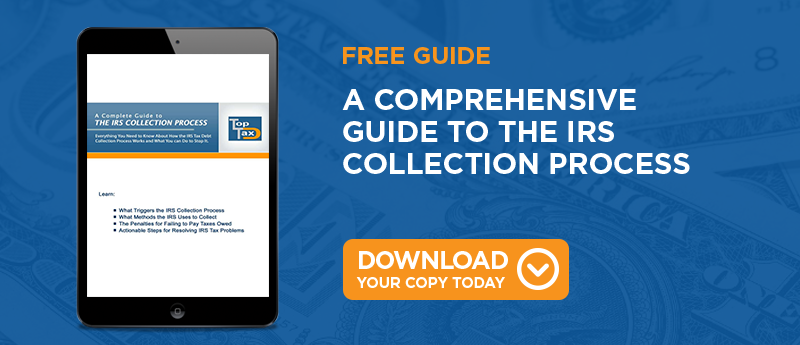A
re you a business owner who owes back taxes to the IRS? If so, your accounts receivable may be fair game if the IRS decides to impose a tax levy. If you want to protect your receivables and make sure they are paid to your business, you'll have to familiarize yourself with the IRS regulations that govern tax levies on accounts receivable.
What Is an IRS Levy?
Tax levies are only used when the taxpayer or business owner has received several IRS notices, including a "Notice and Demand for Payment" and a "Final Notice of Intent to Levy," but has not taken any action to clear the tax bill. These are generally issued against taxpayers who have neglected to either pay their tax debt or communicate with the agency. If you currently owe back taxes and you are making regular payments, you usually don't have to worry about IRS levies at all.
IRS Levies and Accounts Receivable
Federal law gives the IRS the authority to place a tax levy on accounts receivables. According to the tax code, the agency has the authority to levy any asset in which the taxpayer holds an interest, whether it is a personal or commercial asset.
Should the IRS levy your accounts receivable, it makes a claim on those payments and diverts the funds from your company directly to your tax bill. Your customers will receive letters from the IRS instructing them to remit their invoice payments to the agency rather than your company. This can even impact future payments, because your clients may continue remitting the payments to the IRS after the levy has been cleared.
How to Avoid an IRS Levy
Since accounts receivables are the property of self-employed taxpayers, these individuals need to be especially careful about managing any outstanding tax debts. If you have an outstanding tax debt, make arrangements to repay it as soon as possible. If you receive IRS notices about your debt, do not ignore them, even if you can't pay them in full. In most cases, the agency will work with you to develop a repayment schedule you can afford.
To avoid accruing tax debt in the first place, file your returns each year on time. You can also get a jumpstart on your expected tax liability by sending in quarterly estimated tax payments each year.
In summary, the IRS does have the authority to place a tax levy on your accounts receivable if you owe a substantial amount of back taxes. Avoid an IRS levy by paying your balance on time and communicating with the IRS on a regular basis so that your accounts receivables stay safe.




